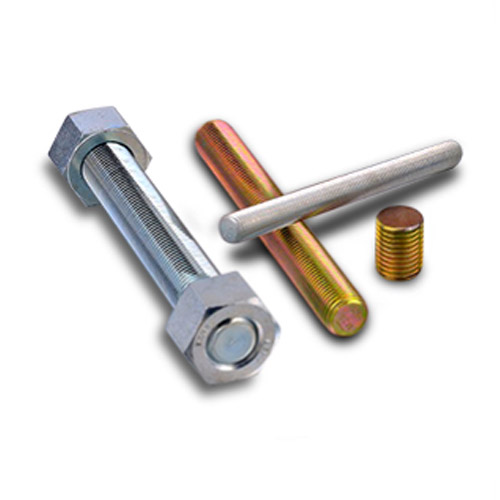best track bolts
ਦਸੰ. . 12, 2024 23:23 Back to list
best track bolts
The Best Track Bolts A Comprehensive Guide
When it comes to the construction and maintenance of railways and other track systems, the importance of quality track bolts cannot be overstated. Track bolts are essential fasteners that hold the various components of a track together, ensuring stability, safety, and longevity. Whether you are involved in railway engineering, maintenance, or simply have an interest in how these crucial components operate, understanding the best track bolts available can significantly enhance your project’s success.
What Are Track Bolts?
Track bolts are specifically designed fasteners that are used to connect rails to ties or sleepers, as well as other components of the railway infrastructure. These bolts come in various types and sizes, tailored to suit different materials and environmental conditions. Their primary function is to secure the rail in place, allowing for the safe passage of trains while also accommodating the vibrations and forces experienced during operation.
Types of Track Bolts
There are several types of track bolts, each serving a specific purpose
1. Full Thread Bolts These bolts have threads running along their entire length. They provide a stronger grip and can be embedded deeper into the material they are securing.
2. Lag Bolts Designed for heavy-duty applications, lag bolts are thicker and have coarse threads, making them ideal for securing wooden ties to rails.
3. Carriage Bolts Featuring a rounded head and a square section beneath it, carriage bolts are commonly used to secure metal to wood, preventing them from rotating during installation.
4. Hex Head Bolts These versatile bolts are used in various applications, providing excellent torque and loading capabilities.
5. Railroad Bolts (or Track Bolts) Specifically designed for railway applications, they often come with a square head that fits into a square hole in the rail.
best track bolts

Factors to Consider When Choosing Track Bolts
1. Material The type of material used for the bolts significantly influences their performance. Common materials include stainless steel, carbon steel, and galvanized steel, each providing different levels of corrosion resistance and strength.
2. Size and Dimensions Selecting the correct size is crucial for ensuring that the bolts can withstand the forces exerted on them without failure.
3. Environmental Conditions In areas with extreme weather conditions, rust-resistant coatings or materials are essential to ensure the longevity of the bolts.
4. Load Capacity Understanding the load that the bolts will need to support will help in selecting the right type and size, ensuring safety in the railway system.
5. Installation Method Different bolts require different installation techniques. Some may need to be pre-drilled, while others can be directly fastened.
The Importance of Quality Track Bolts
Investing in high-quality track bolts is essential not only for the safety of railway operations but also for reducing maintenance costs over time. Inferior bolts may corrode or degrade faster, leading to potential failures that could result in accidents and costly repairs. By choosing the best track bolts available, railway operators can ensure that their tracks remain secure for years to come.
Conclusion
In summary, track bolts play a fundamental role in the stability and safety of railway systems. By understanding the different types available and the factors to consider when selecting them, engineers and maintenance teams can make informed choices that will contribute to the longevity and reliability of the railway infrastructure. Whether you are working on a new construction project or maintaining existing tracks, prioritizing the best track bolts will ensure that your railway continues to run smoothly and safely.
Latest news
-
Reliable Wire Bolts Suppliers | Quality Zinc Plated Fasteners
NewsAug.26,2025
-
Wire Bolts Suppliers: Durable & Reliable Fasteners for Every Project
NewsAug.25,2025
-
Premium Cabinet Bolts Supplier | Wholesale & Custom Solutions
NewsAug.24,2025
-
Reliable Axle Nuts Supplier | Quality & Precision Fasteners
NewsAug.23,2025
-
Durable Bolts for Lawn Mower Handle - Top Supplier & Manufacturer
NewsAug.22,2025
-
High-Quality Bolts for Lawn Mower Handle Supplier & Manufacturer
NewsAug.21,2025
